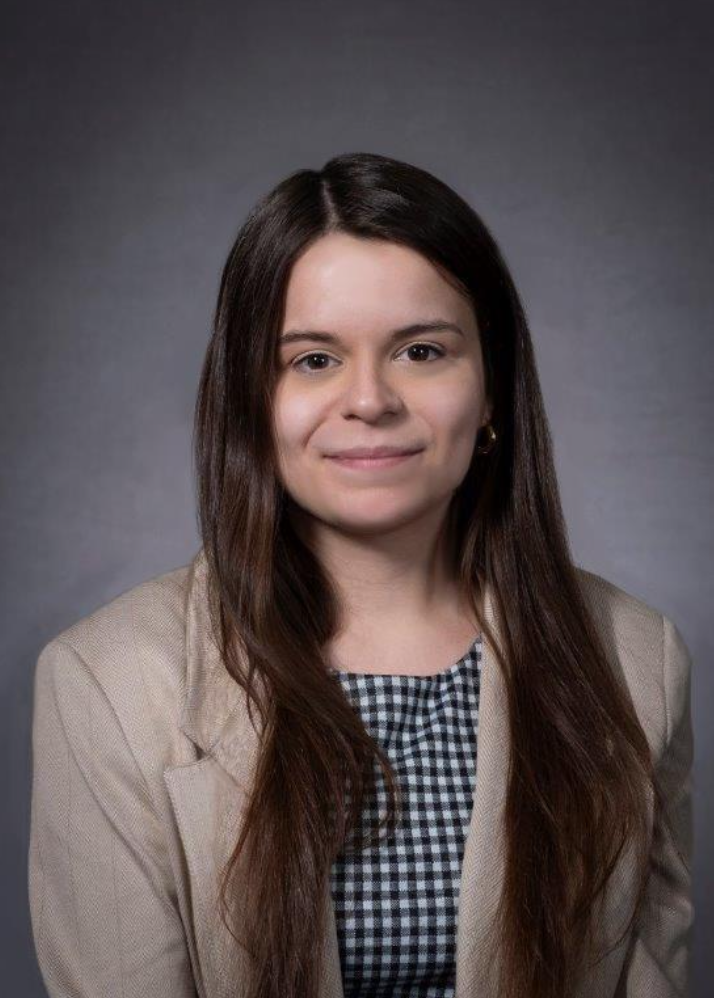My Journey Through Purdue’s Professional Master’s Program
When I started my career, my world was pure science. I earned my undergraduate degree in chemistry and spent about five years working in the food industry as part of an R&D analytical chemistry team. While my work there wasn’t directly related to what I do now, I often collaborated with process engineers, which gave me a glimpse into a different side of industry, one I was motivated to explore more deeply.
That curiosity eventually led me to Purdue University’s Professional Master’s Program (PMP). Purdue’s reputation spoke for itself, but what especially drew me in was how well the program was designed for people like me: those coming from industry who wanted to gain engineering experience and a graduate degree without committing to the length of a traditional master’s program. It’s a quick-turnaround program with strong industry connections and resources that are hard to match, and it’s conveniently located not far from my home in Ohio.
When it came time to select a capstone project, our Senior Program Manager did a fantastic job curating a variety of options with both local and non-local industrial companies, as well as research organizations on campus. Each student ranked their preferences based on the project descriptions, and she made sure everyone was assigned to one of their top choices. I was fortunate to get my first choice where I had the opportunity to work with a pharmaceutical industry partner on process safety documentation.
The task was challenging: making user-friendly documents using massive, complicated, and heavily cross-referenced safety standard codes for future project proposals. Every time a new project was proposed, process safety staff had to sift through piles of documents, increasing project decision timelines and hindering overall efficiency. My teammate and I spent the summer digging through these documents, condensing and reorganizing them into resources that were optimized for easier navigation and more accessible for multi-disciplinary projects.
Having industry experience changed my approach to the work. Although my background isn’t in process safety, during my time in industry, I had experienced how well-structured documentation and clear, consistent cross-team communication can streamline decision-making, prevent errors, and keep operations running safely and efficiently. This previous background gave me the perspective to quickly understand the importance of the work and recognize the relevance of Purdue’s classroom topics to industry applications.
If I were to give advice to someone starting the PMP in Chemical Engineering at Purdue, I’d offer two things. First, time management is key. The workload is absolutely manageable, but it can get busy faster than you expect, so take it one day or week at a time. Second, be sure to take advantage of all the opportunities Purdue offers. The resources here, from the Career Center events to the faculty’s deep expertise were far beyond anything I experienced at my smaller undergrad school. Using these resources can really transform your experience as a prospective student.
Looking back, this program has been a turning point for me. It connected my scientific foundation with new engineering skills, gave me the opportunity to work on impactful industry projects, and showed me just how much can be achieved when the right resources and opportunities come together.
Boiler Up!

